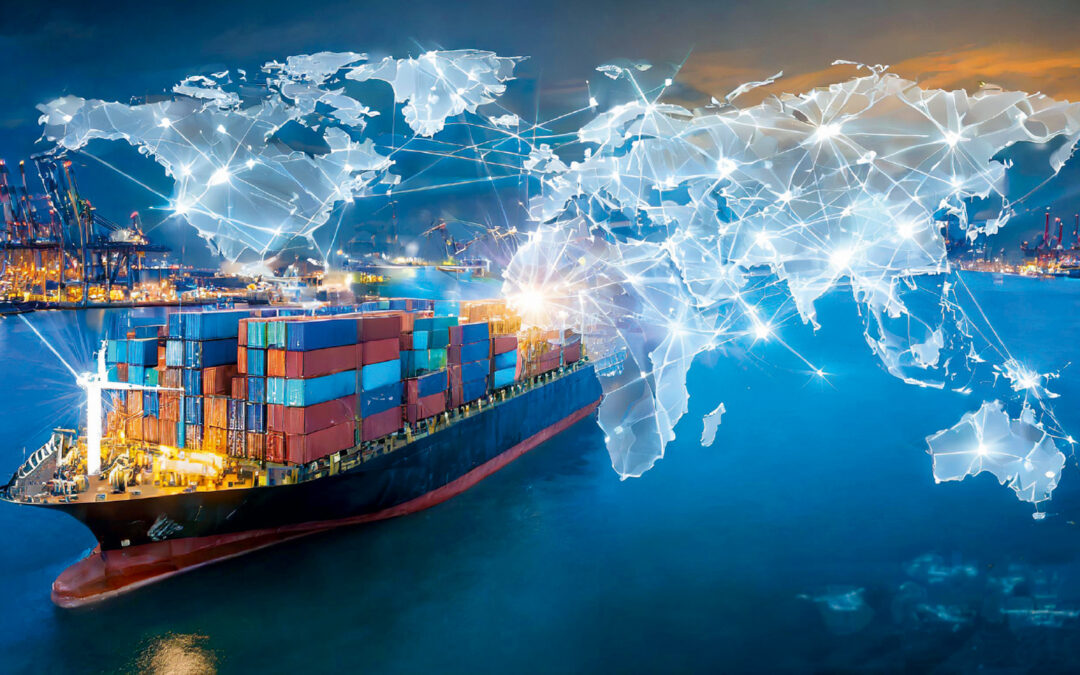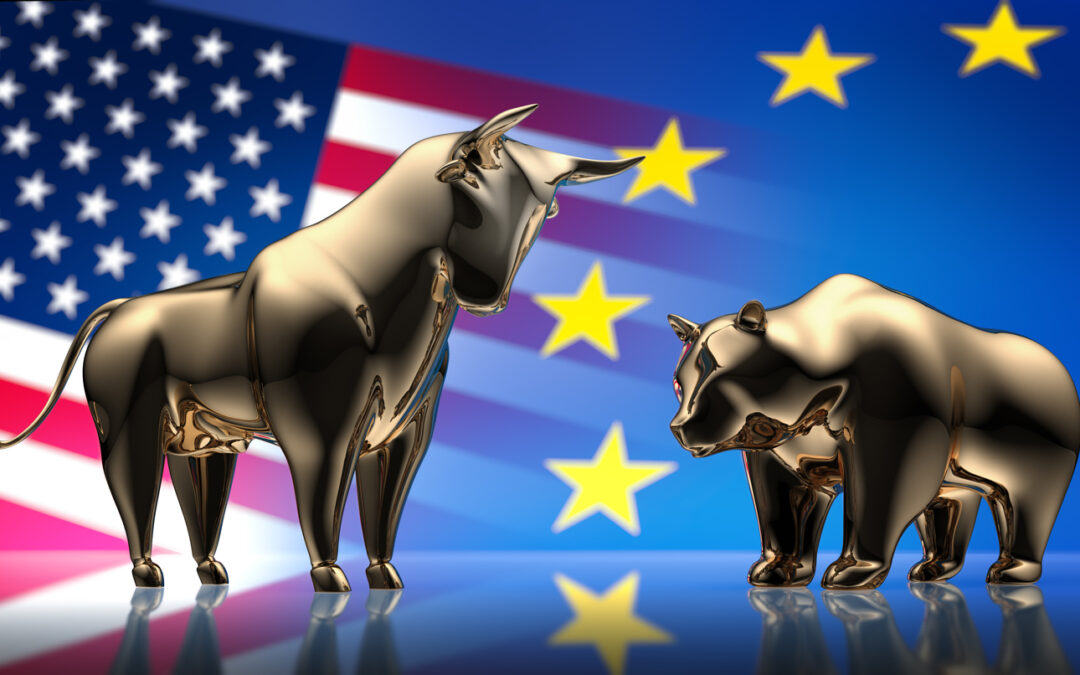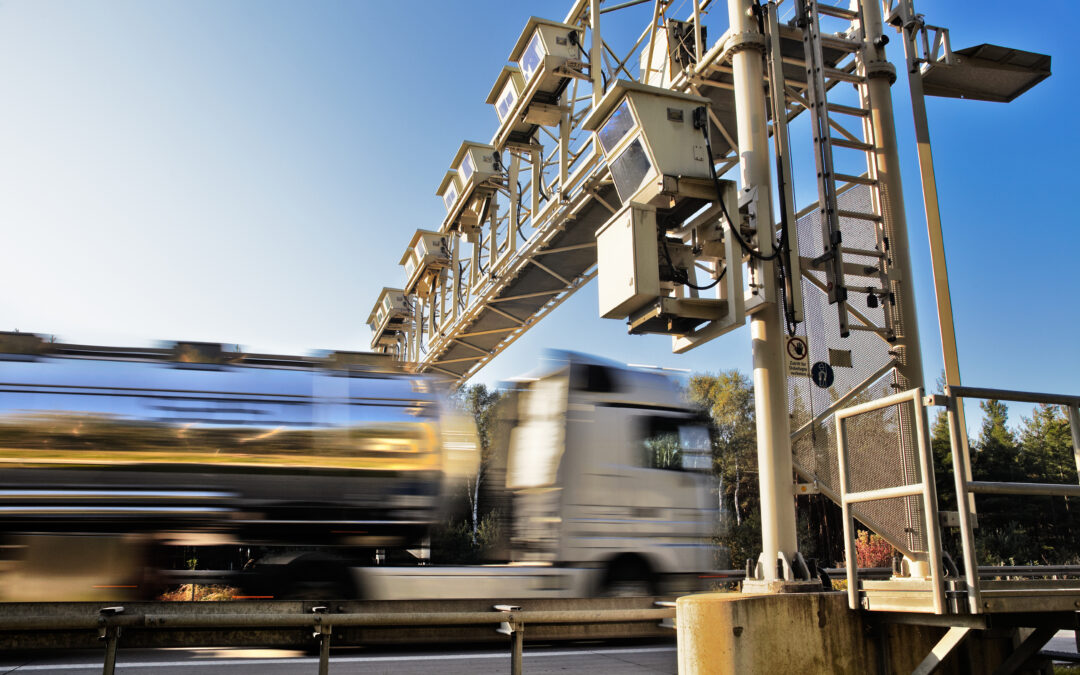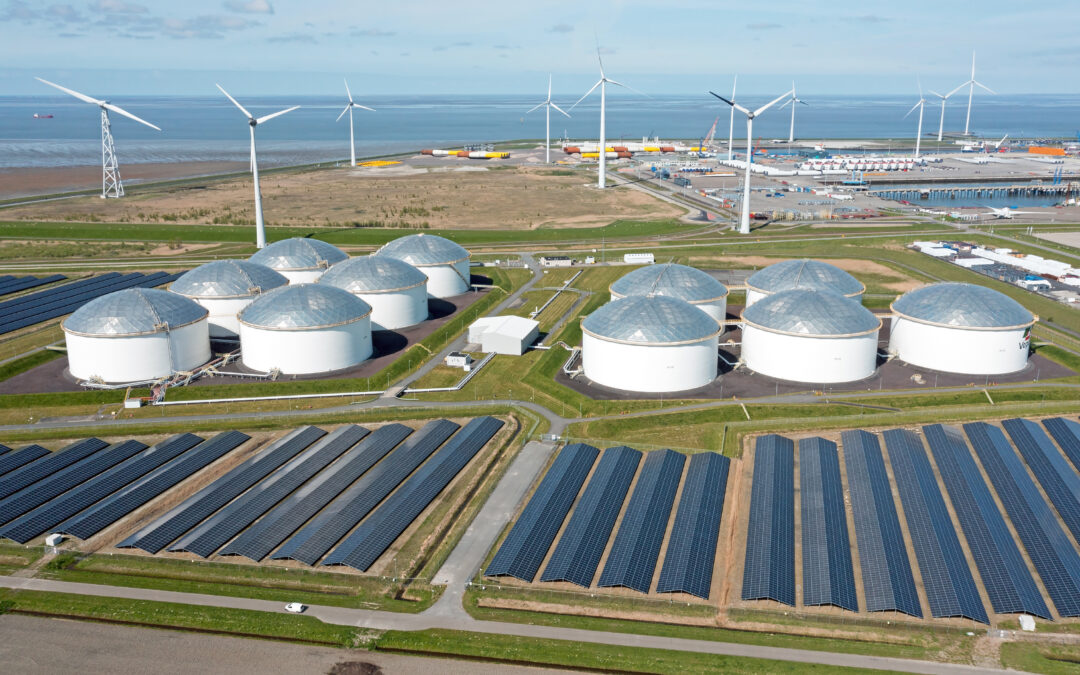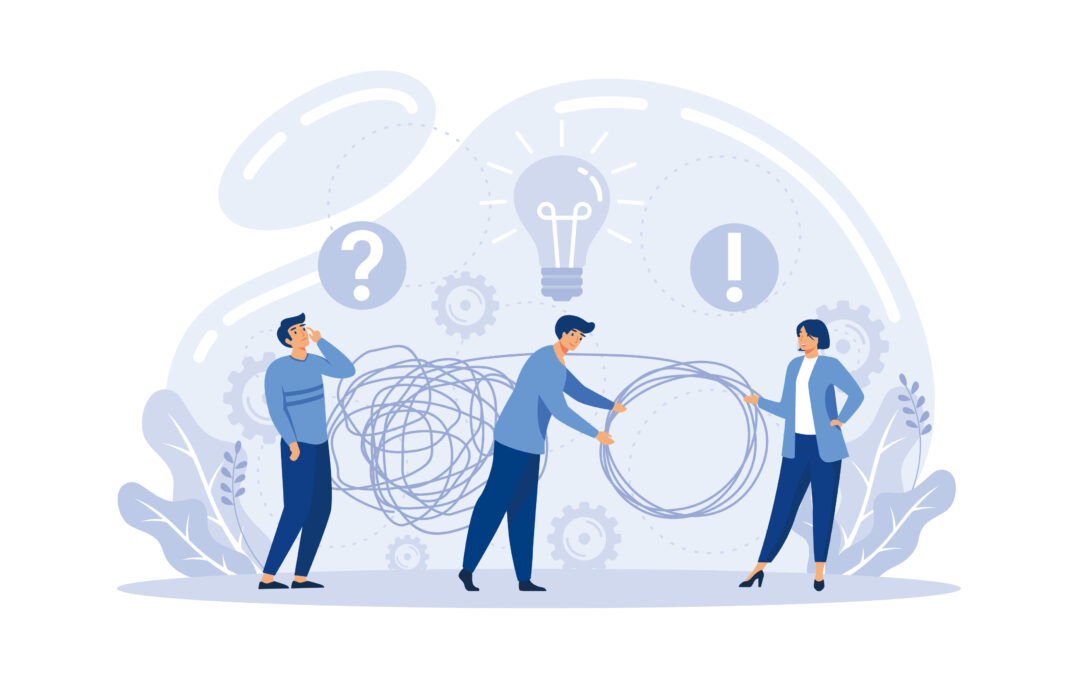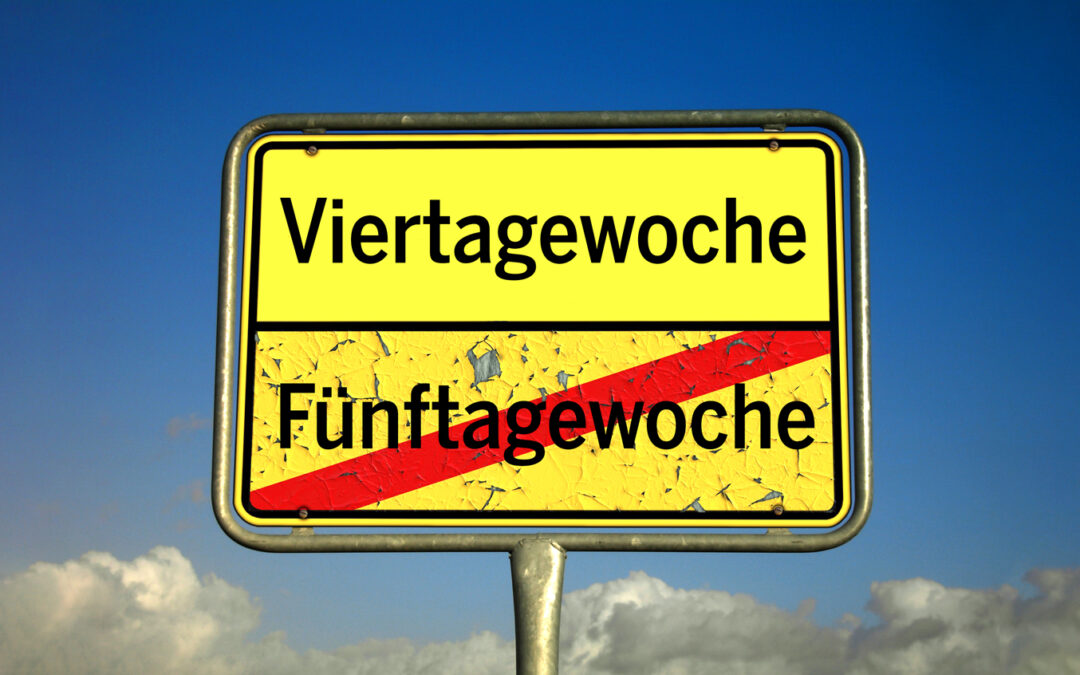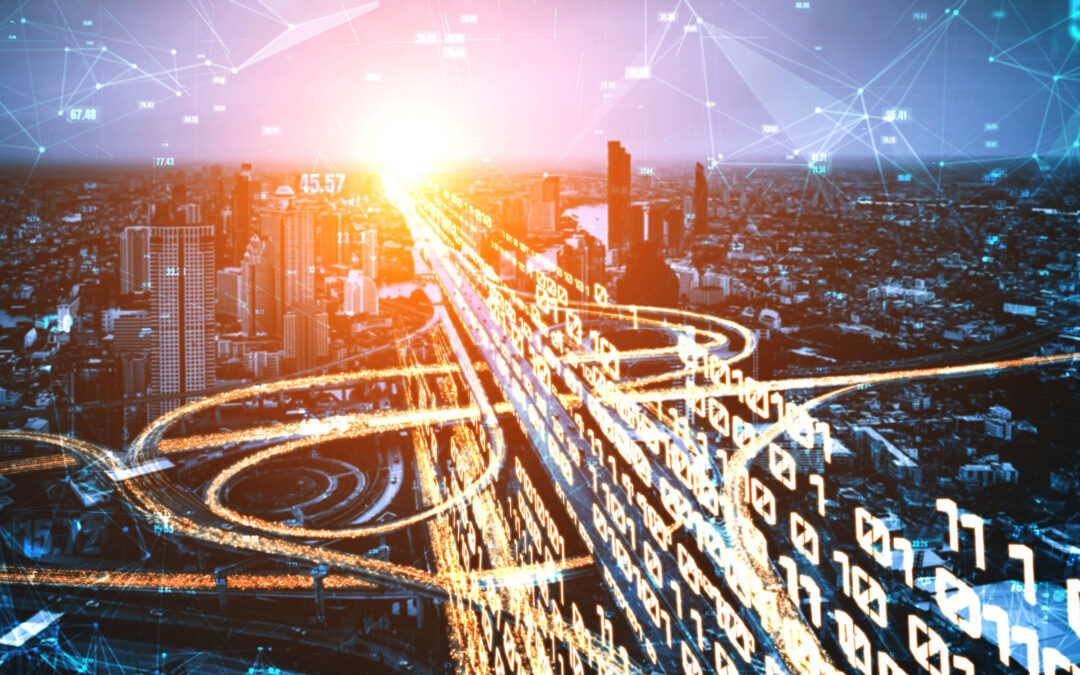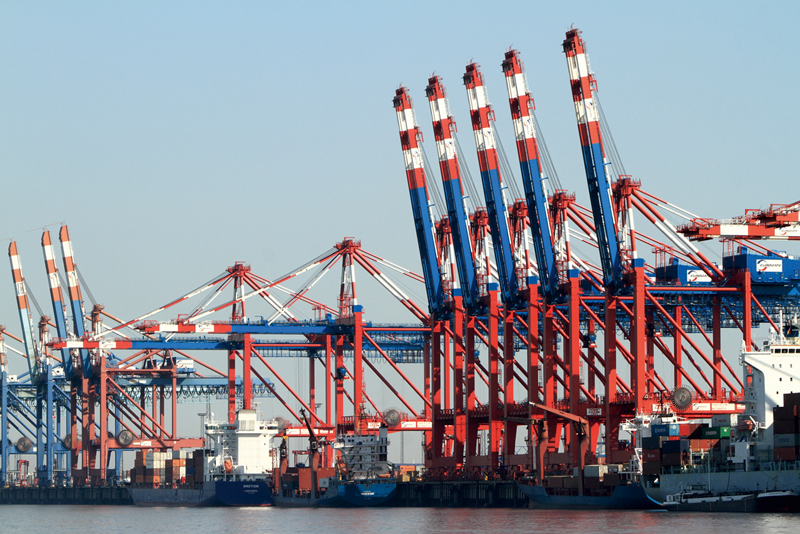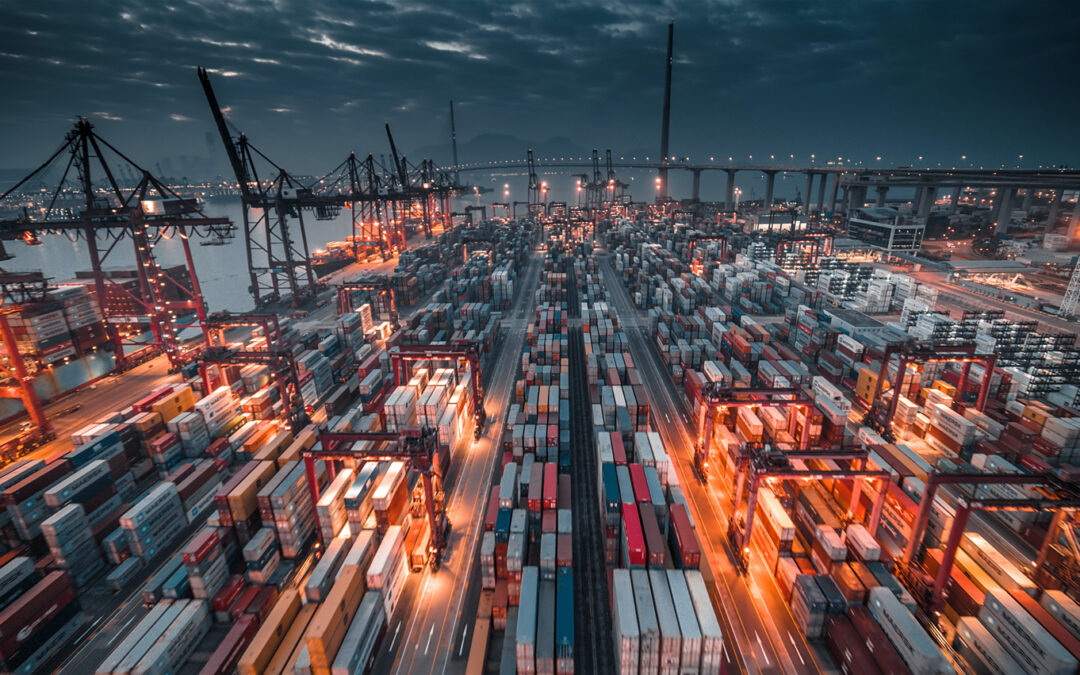The LogisticsConnect event gets underway at the Bremen Congress Centre on 6 March. The concept for the new conference and exhibition event was developed jointly by Congress Bremen, bremenports and the BHV – Bremische Hafen- und Logistikvertretung. Hans-Peter Schneider (M3B Managing Director), Robert Howe (bremenports Managing Director) and Dr Patric Drewes (BHV Executive Committee Member) told LOGISTICS PILOT what they feel makes the event so special.




